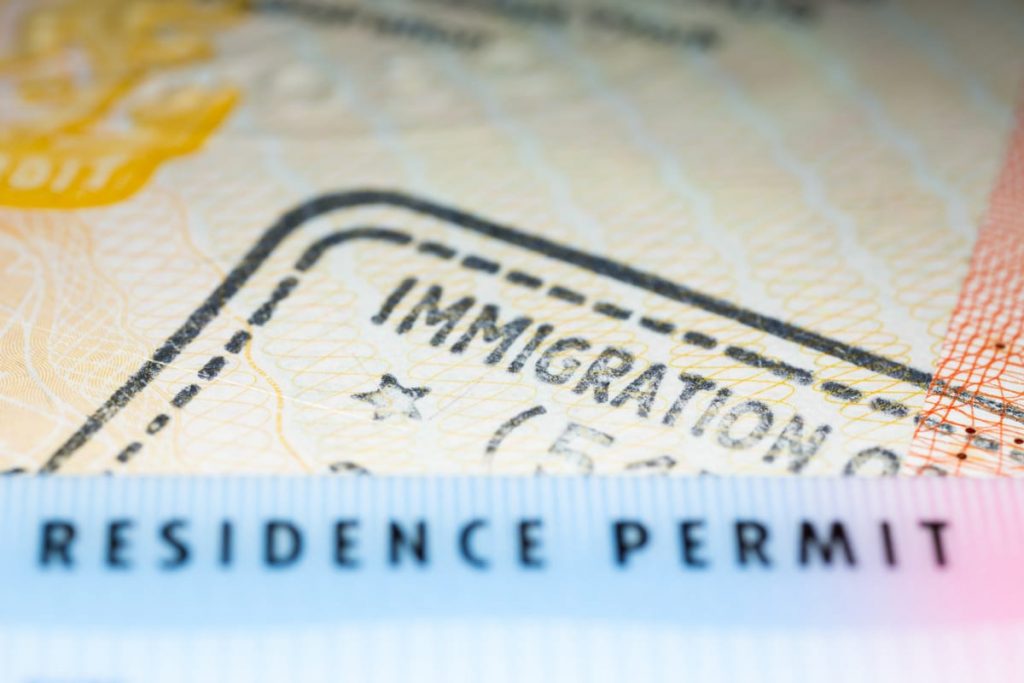The Dutch government is refining its highly-skilled migrant scheme. These adjustments aim to attract truly scarce talent and ensure the system operates as intended. While changes are underway, they present opportunities for forward-thinking employers. This isn’t about creating barriers; it’s about ensuring the system effectively channels talent where it’s needed most.
The Core of the Adjustment: A Focus on Intent
For years, the Dutch highly-skilled migrant scheme has been a cornerstone of attracting international expertise. The government’s current review isn’t a rejection of that strategy, but rather an effort to sharpen its focus. The core objective remains: attracting scarce, highly-qualified international knowledge workers. This review aims to prevent improper use of the scheme and better align it with that original intent. Recent concerns around payrolling, temporary employment structures, unwanted knowledge and technology transfers, and the 30% tax ruling have spurred this reevaluation.
HSM: What’s Evolving?
A Closer Look at the Key Changes
Several key areas are under review:
- Recognised Sponsorship: Strengthening Governance and Financial Stability The process for companies seeking recognised sponsor status is undergoing a significant overhaul. The IND (Immigratie- en Naturalisatiedienst) will place greater emphasis on the financial stability and overall health of applicant companies. Critically, trustworthiness of board members will also be a key factor in the evaluation process. We’re already observing increased scrutiny of businesses applying for this designation, even those with a solid track record spanning over one and a half years. This signals a shift towards more rigorous due diligence.
- Salary Thresholds: Targeted Adjustments for Younger Talent & Graduates Proposed increases are being considered specifically for younger migrants (under 30) and recent graduates. The rationale behind this is to prevent abuse of the system by ensuring that salaries offered are genuinely reflective of market rates. For those under 30, the minimum wage could rise to roughly €4,551 per month—aligning with the level for EU Blue Card holders who graduated in the Netherlands. For recent graduates, a potential increase to the average gross salary of Dutch graduates entering the labour market is being explored. Currently, this figure sits around €3,373 for Bachelor’s degree holders and €4,231 for Master’s level graduates. These adjustments will naturally increase international hiring costs for employers, but also signal a commitment to fair compensation practices.
- Market Conformity Test: Ensuring Salary Alignment with Market Demands The market conformity test, designed to assess whether the salary offered meets the requirements of the position, will be given a more prominent role in granting permits. The government is collaborating with the IND and the Dutch Employee Insurance Agency (UWV) to systematically tighten and apply this test more effectively. The goal is to prevent excessively high salaries from being used solely as a means of meeting entry criteria, ensuring that compensation accurately reflects the value and responsibilities of the role.
- Reduced Recognised Sponsorship Duration: A significant change under consideration is a reduction in the period during which an employer can maintain recognised sponsorship without actively employing highly-skilled migrants. Currently, a three-year period applies; this could be shortened to two consecutive years. If an employer hasn’t employed any highly-skilled migrants or submitted applications within that timeframe, the IND may end their sponsorship. This change aims to ensure sponsors are actively utilizing their status and contributing to the influx of skilled workers.
Why This Matters for Employers looking to hire highly skilled migrants from abroad.
These changes aren’t roadblocks. They’re a chance to refine your approach. Consider:
- Evaluating compensation structures, particularly for younger employees and recent graduates, ensuring alignment with market rates.
- Reviewing existing contracts with an eye toward potential renewal under the evolving landscape, proactively addressing any discrepancies.
- Strengthening internal governance and financial stability, demonstrating to the IND that your organization is a reliable partner in attracting international talent.
What’s Next? The Road Ahead for Highly-Skilled Migration and Recognised Sponsorship in the Netherlands
The government is still working through these proposals, seeking advice from the Social and Economic Council. A final decision will follow during the Spring Memorandum process. Expect a phased implementation, potentially spanning over a year as new regulations are established.
We will continue to monitor these developments and provide insights for employers navigating this transition, helping you adapt your strategies to remain competitive in the evolving Dutch labour market.
source: hbomonitor / IND
Looking to expand your team in the Netherlands?
Ensure compliance and streamline yourinternational hiring with EMG.


